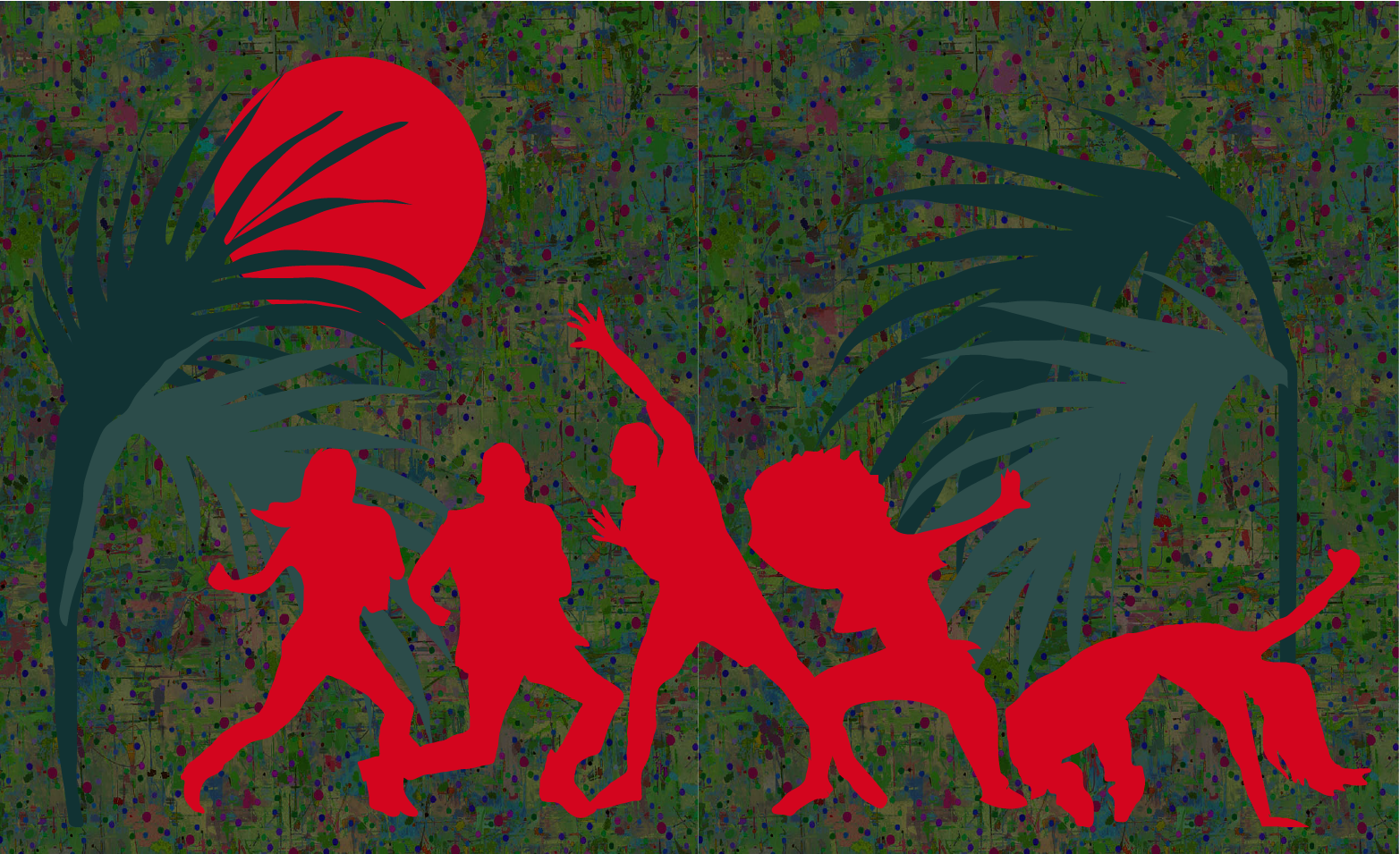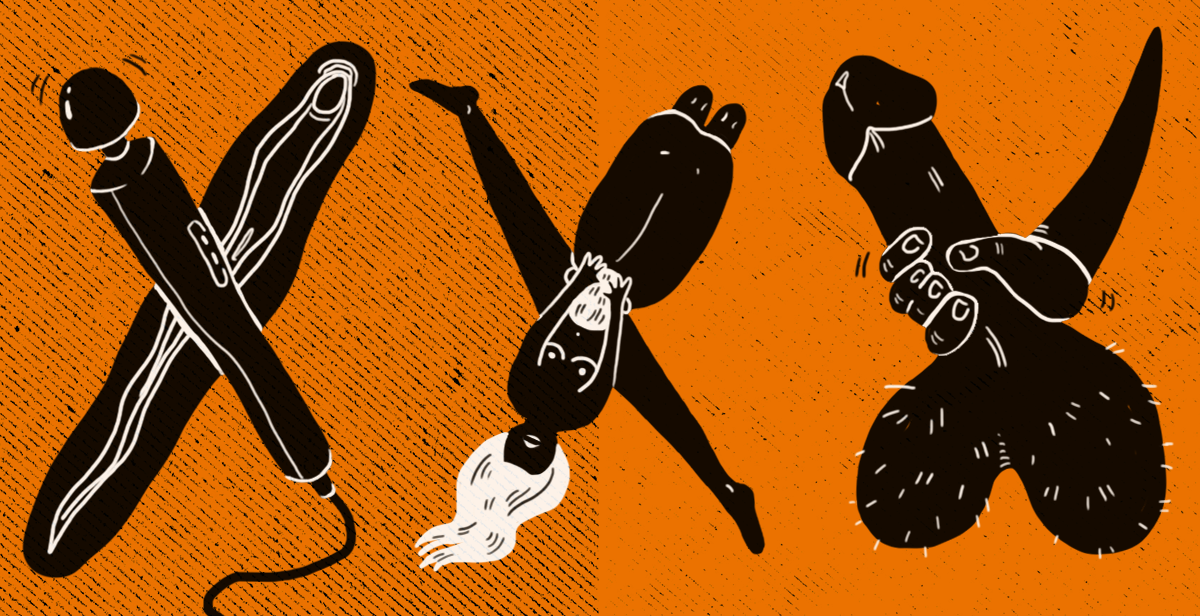
Today, the word “Despacito” elicits images of scantily dressed couples grinding, Luis Fonsi’s sensual Latino “vibes,” and, regrettably, Justin Bieber singing in Spanish. But I think it’s safe to assume that the word meant nothing at all to non-Spanish speakers before the song’s release in January 2017. In fact, many may not have even been familiar with the popular Latin music genre of reggaetón before then.
We now notice that many artists, Latino and otherwise, are trying to get involved with the genre and earn a seat at the cool kids’ table with all the “reggaetoneros.” It seems that reggaetón has enough public recognition to be considered worthy of attempt by non-reggaetoneros, while still retaining a connection to Latin America that differentiates it from mainstream music. Which, let’s face it, makes the genre even more appealing to those “I’m-ethnically-woke-and-different-from-everyone-else” U.S. artists. Plus, it doesn’t hurt that the songs are incredibly catchy and dance-worthy.
Justin Bieber’s inclusion in the remix of Luis Fonsi and Daddy Yankee’s “Despacito,” three months after the original’s release and immediate fame, is a prime example of this situation. There’s also Camila Cabello’s “Havana” and Cardi B’s “I Like It” — though technically neither is reggaetón, both songs play on Latino musical sounds. And while both these artists are Latina, notice that neither had previously released songs similar to these until already establishing their fame in other more U.S.-normative genres.
You’ll also notice that acclaimed U.S. and Western artists are collaborating with up-and-coming reggaetoneros. I’m sure you’ve heard (and begrudgingly sung along to) Demi Lovato and Luis Fonsi’s “Échame la Culpa” and the more recent “Familiar” by Liam Payne and J Balvin. I became a proud Colombian mommy when Maluma partnered with Jason Derulo to produce “Colors” as Coca-Cola’s anthem for the 2018 FIFA World Cup. And don’t forget that Cardi B’s aforementioned “I Like It,” which you shamelessly rapped along to for weeks after its release, featured Ozuna and Bad Bunny. The most recent of these collaborations is “Taki Taki” by Selena Gomez, Cardi B, DJ Snake, and Ozuna. Remember me when the song hits top charts.
Allow me to present the two possible interpretations of this current phenomenon: a monumental alliance between two worlds, North America and South America, colonizers and colonized, finally overcoming language barriers and cultural differences and centuries of pent-up antagonism to produce the new bop of the summer. Or — a less romantic but perhaps more realist notion — a simple business strategy to launch lesser-known Latinos to fame and grant progressivity points to established non-Latino artists. Whichever you choose to believe, there’s no avoiding the fact that reggaetoneros, at least, have benefitted from these partnerships.
Another similar trend involves non-reggaetón-singing Hispanic artists making their cameo in the genre. If, like me, you were once a seven-year-old obsessed with Shakira’s pop-rock angst in “Suerte” and Reik’s emotional love ballads like “Que Vida La Mía,” then you’ll understand how groundbreaking it is for these pop and pop-rock artists to venture into the more risqué territory of reggaetón.
Shakira has worked with famed reggaetonero Maluma on three occasions since 2016. The most recent song (and possibly most successful, judging by the 165 million music video views) is “Clandestino,” which dropped three months ago. My personal favorite is 2016’s “Chantaje,” which earned a nomination for the Latin Grammy’s Song of the Year. Reik also worked with Maluma on the current reggaetón hit “Amigos con Derechos,” and earlier this year he collaborated with Wisin and Ozuna to bless our ears and souls with “Me Niego.” You might recognize Enrique Iglesias and Nicky Jam’s hit song “El Perdón” from last year, which is credited alongside “Despacito” for launching reggaetón on a worldwide scale.
Now, I realize that I can’t discuss the advent of reggaetón in Western musical culture without acquainting you with actual reggaetoneros. After all, it is artists like Maluma and J Balvin and Luis Fonsi who are dominating reggaetón today, and who are dignifying the genre outside Latin America. But I also know that justly representing these artists and all their achievements would require a much longer article. I would also need to at least mention some of the reggaetoneros who are already established in Latin America and who you will likely be hearing more of in the future, and also some of the newbies in reggaetón who are challenging the genre itself, like female artists Becky G, Karol G, and Natty Natasha.
Instead of condemning you to a longer rumination on reggaetón itself, and subjecting you to a flurry of more artist names and songs that you’ll struggle to remember, I thought it wiser to divide this article into two parts. Consider this Part one, which has focused on the intermixing of Latin musical sounds with Western music, and the establishment of reggaetón as a genre whose success others will have to contend with. Part two will then deal with the issues that I have yet to discuss, namely regarding the existing genre of reggaetón as it is being played out today by Latin American artists.
In any sense, I hope you come out of this a little more sensitized to and aware of the incredible effect that Latin American reggaetoneros are having on the modern-day music industry. The next time you’re into a song on some Spotify or Billboard’s Top 10 list, look at the artist’s name again: You might notice that a reggaetonero is featured as a collaborator or partner. At the very least, pay a listen to at least one of the songs I mentioned. And no, I don’t mean to go watch the music video for “Taki Taki” or “Échame La Culpa” for the 15th time — listen to one of the quality reggaetón songs listed (“quality” here is a biased categorization, but bear with me). I would love it if I could get every reader of this article to become an instant reggaetón groupie, but considering I found it only tolerable until a few years ago, I’ll settle if I can at least get you to learn all the words to one of the songs. “Me Niego” is a good place to start.







